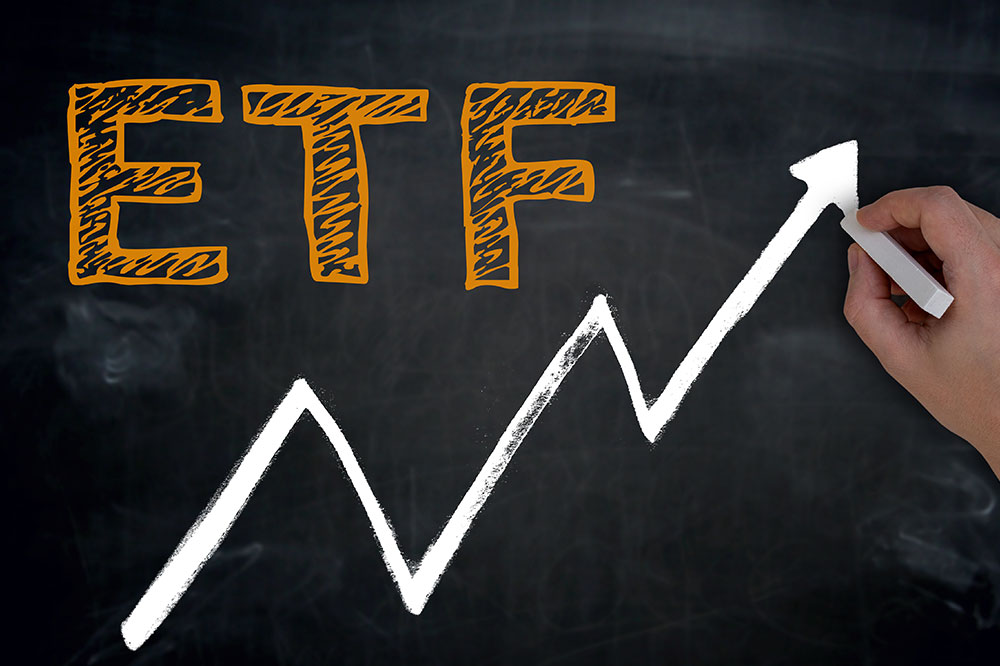Common Pitfalls to Avoid When Investing in High-Yield Dividend ETFs
Investing in high-dividend ETFs offers substantial income opportunities but comes with risks. This guide highlights common mistakes to avoid, including neglecting long-term plans, relying on fund names, choosing unsuitable ETFs, insufficient research, and small investments. Proper due diligence and strategic planning are essential to maximize returns and minimize losses. Always consult financial professionals before investing to ensure your portfolio aligns with your goals. Staying informed and cautious helps investors leverage high-dividend ETFs effectively for sustainable income and growth.

Exchange-traded funds (ETFs) have become a popular choice among investors for their liquidity and diversification benefits. Especially high-dividend ETFs attract those seeking regular income streams. Despite their appeal, investors should be cautious to avoid certain mistakes that could impact returns. Here are key errors to watch out for:
Neglecting Long-Term Planning
Prioritizing long-term investment horizons is essential. While many traders utilize short-term strategies like intraday trading, overdoing it with high-dividend ETFs can lead to increased costs and diminished gains if not managed wisely.
Making Assumptions Based on Names
Don’t judge an ETF solely by its name. Names can be misleading; always analyze the fund’s holdings, objectives, and underlying assets before investing.
Choosing the Wrong Fund
Market downturns affect all ETFs, but some are more vulnerable than others. Spot signs such as limited track record and low liquidity to avoid falling into failing funds. Exit strategies are crucial before an ETF collapses.
Insufficient Due Diligence
Research thoroughly to understand how high-dividend ETFs fit into your portfolio. Avoid redundancies like investing in similar stocks or funds, and stay aware of liquidity risks in specific sectors.
Small-Scale Investments
Regular, fixed investments through dollar-cost averaging are effective. However, small trades may incur high commissions. Consider platforms with zero-trade fees and adjust your investment amounts accordingly.
Disclaimer:
This website’s content combines research, data, expert opinions, and statistics. However, financial landscapes change, and advice may vary. Always consult a professional before making investment decisions. We are not responsible for inaccuracies or differing opinions. The information provided is for informational purposes only.










